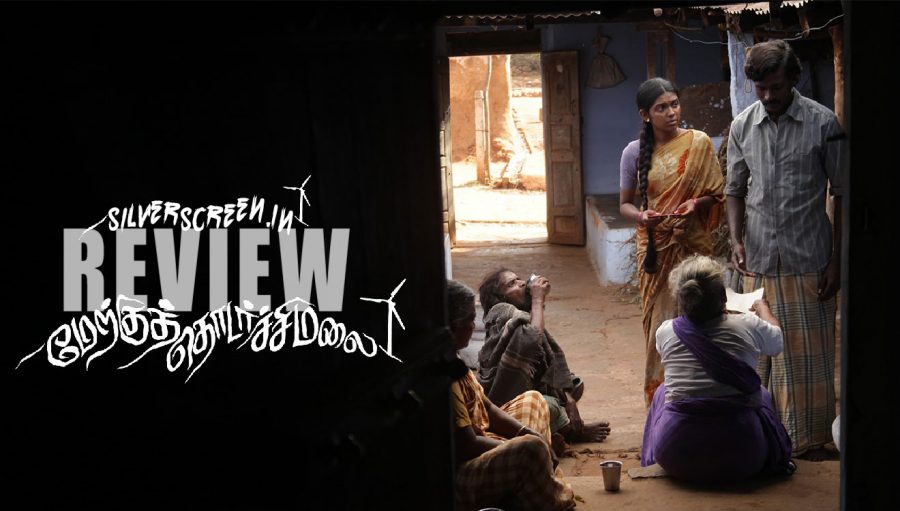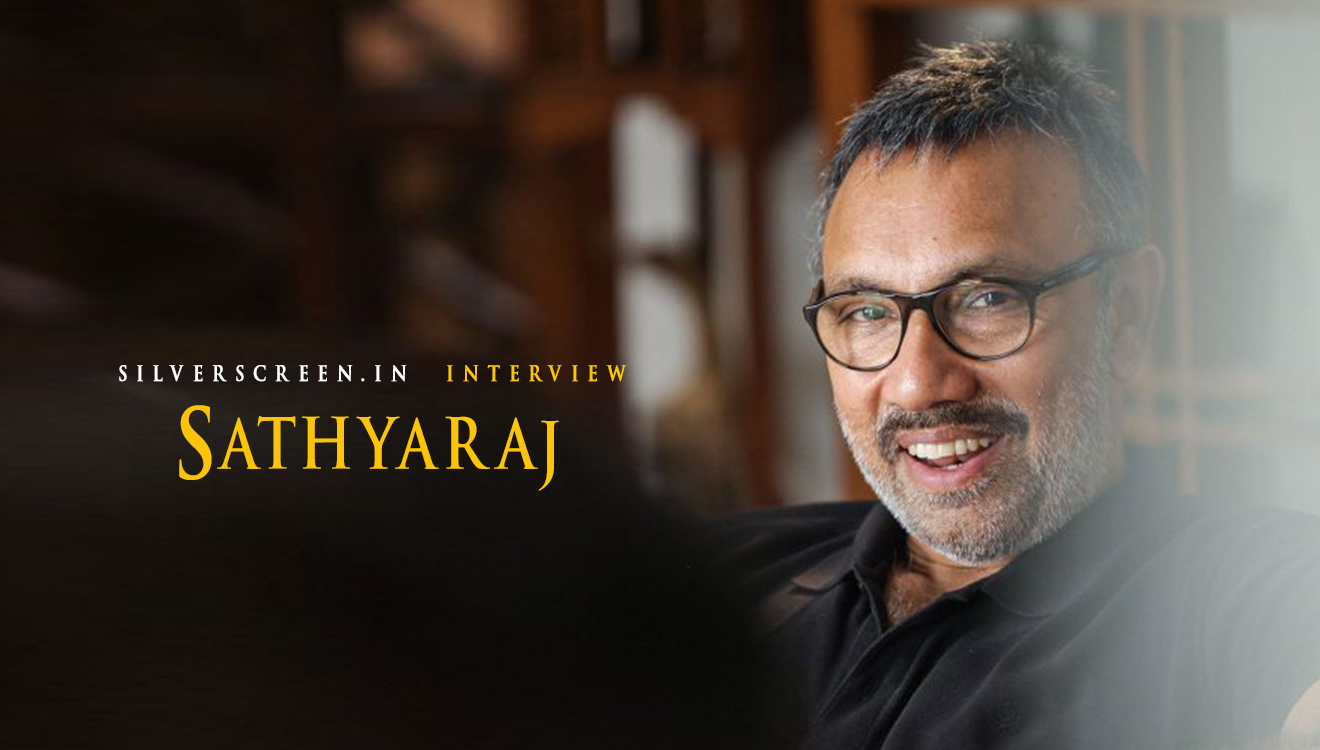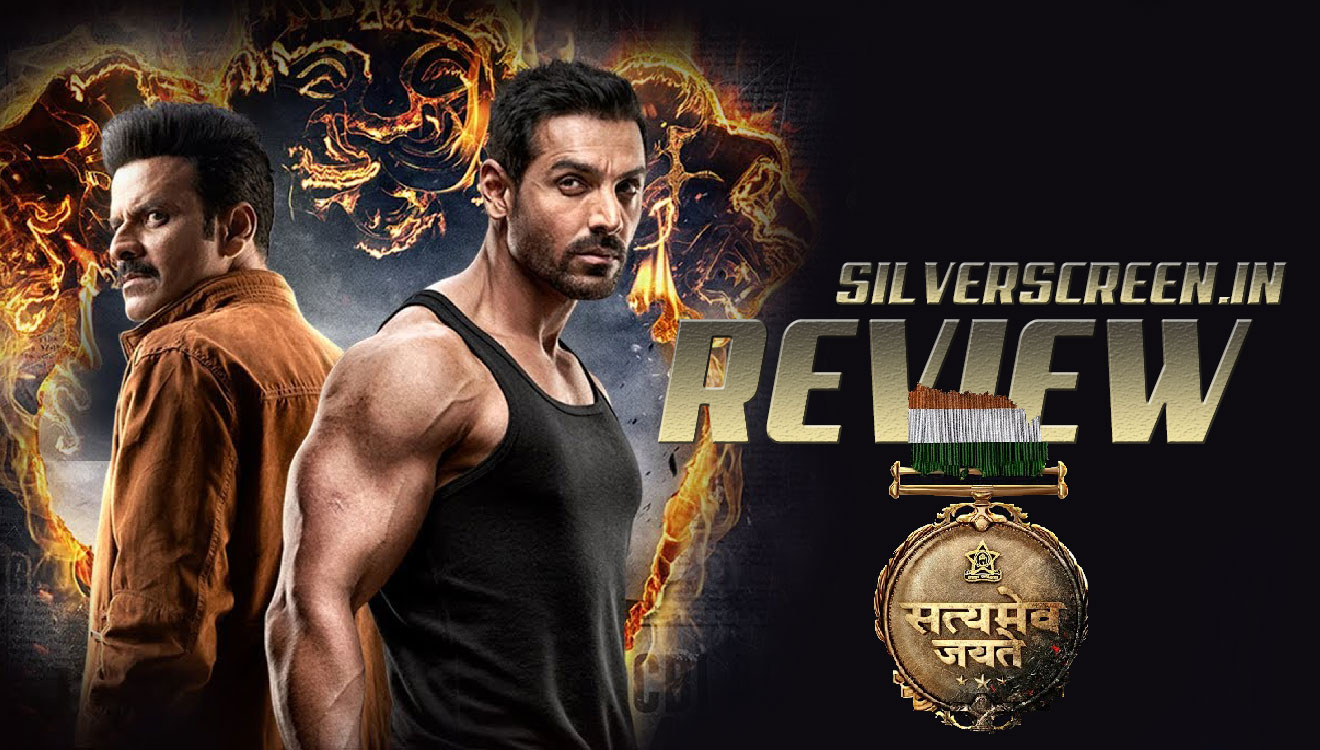Director: Lenin Bharathi
Cast: Antony, Gayathri Krishna
Composer: Ilaiyaraaja
The most defining feature of Merku Thodarchi Malai is its composer. Ilaiyaraaja, who traces his roots back to a town at the foothills of the Western Ghats, sounds out a score that is one with the mountains, that he knows by heart. It throbs with life. When the camera climbs overhead, soaring over the vast rugged terrain and yawning chasms, you hear echoes that hint at something deep, something cavernous. Ilaiyaraaja finishes such sequences, with more often than not, a rumble of thunder. It works mostly, this musical algorithm – there are pauses aplenty, the strings pulled back just in time to let the events unfold – in silence, or amidst sounds that are organically generated; footsteps here, a sharp intake of breath there.
Merku Thodarchi Malai takes time to set its tale; when it opens, the frames are shrouded in darkness. The camera travels several places along the Ghats: There’s a brawl at a tea shop, and a man – (Antony as Rangasamy) who we’d later come to identify as the lead protagonist – with a few others drive their animals up the mountains. There’s much banter there as the driver despairs of his donkeys that veer off course. The camera stares at their disappearing backs, before climbing overhead again; a panoramic view this time, with the conversation slowly receding into the background.
When the day breaks over the sleepy hill town well after fifteen minutes into the film, it’s a relief. Rangasamy is then officially introduced. Living with his elderly mother, he runs errands all over the town. A while later, he helps a man ascend the mountain; part of his daily routine, Rangasamy bounds ahead with ease while the man pants with every breath. The sequence is a hoot, the humour a natural part of the canvas, nothing too laborious. There are no laugh out loud moments save for a couple, but the laughs are triggered when they are least expected. Like life in itself. A while later, we are shown an old woman in rags, and a wristful of bangles – this characterisation, and many others, seek to establish nothing except perhaps their reality – which we are actively encouraged to be a part of. It’s beautiful, this unhurried pace.
That’s perhaps why it would be unfair to say that MTM is solely about its lead, Rangasamy. Every character runs the story, and is given an arc that ends only when the film does. Sometimes, this doesn’t help; there are just too many new faces, too many voices to follow, to get acquainted with. In a particular scene, we are shown a group of plantation workers who carry a sack of cardamom on their backs; a chatty old one berates the others for their pace, and rambles about the good old days. They walk along the path as dusk falls or day breaks, we don’t quite know; the colours are subdued. And as he chatters away, the camera drifts above for perspective; a vantage position where they become dust below, a few specks among the dense greenery. The hills loom large, and we continue to hear the man’s tale in the background. In MTM, the camera is a living, breathing creature. While sometimes it’s content to watch from afar, during others, it becomes a character on its own. It doesn’t quite sit on the people when they talk, the conversations are never in your face. It moves about, one among the milling crowd, listening, taking in the sights and sounds. The dialogues drift by from all directions, and we are right in their midst.
MTM is a tale about the lives of the mountain folk; director Lenin Bharathi – his Communist affiliations well evident in his name, and as well as in the film – seeks to portray the struggles of indigenous tribes whose daily bread is earned through plantation crops. At the heart of it is a coming-of-age story – about a young man called Rangasamy who harbours a dream of buying some land. The script follows him as he lithely paces up the mountain, works hard to save up enough money, marries, has a child, dreams, fails and finally becomes unidentifiable, one among the masses. When the film ends, he’s no longer the tousle-haired young man he had once been; his hair is swept back in a strict parting, there’s a decisiveness about his manner that’s almost poignant to watch. During this particular moment of despair, Ilaiyaraaja’s score is blank white noise, a low thrum that abruptly descends into silence.
The women in MTM are delightfully uncoy. From the loud and snarky older ones to the young that openly express their emotions, Lenin crafts a lovely scene to introduce Eswari (Gayathri Krishna). It’s hilarious; the comedic moments subtly interwoven in dialogue.
Recommended
MTM has all characteristics of a Prabhu Solomon film, right down to Rangasamy (Antony) who is so reminiscent of Chandran of Kayal. The frames are untouched, set amidst the forest, with nature seamlessly flowing into the scenes, mingling with the people. The trees, the donkeys, the cows, the elephants – they all are worshipped. It seems an ethereal milieu, but for the issues that afflict its folk – which are very real. It meanders over the plantation workers, the owners, their loves, likes, dislikes, friendships and enmities. There are owners who war over ideals, a benevolent comrade who forsakes his kin for the greater good and the welfare of his workers, and an old woman who wants to get her granddaughter married but needs to sell her land to do so. It’s all set amidst a beautiful landscape that rings with the chirp of crickets and the sounds of the forest. So much so that when the frames descend into the concrete jungle – or whatever little of it that the film chooses to show – it comes as a shock.
*****
The Merku Thodarchi Malai review is a Silverscreen original article. It was not paid for or commissioned by anyone associated with the movie. Silverscreen.in and its writers do not have any commercial relationship with movies that are reviewed on the site.



